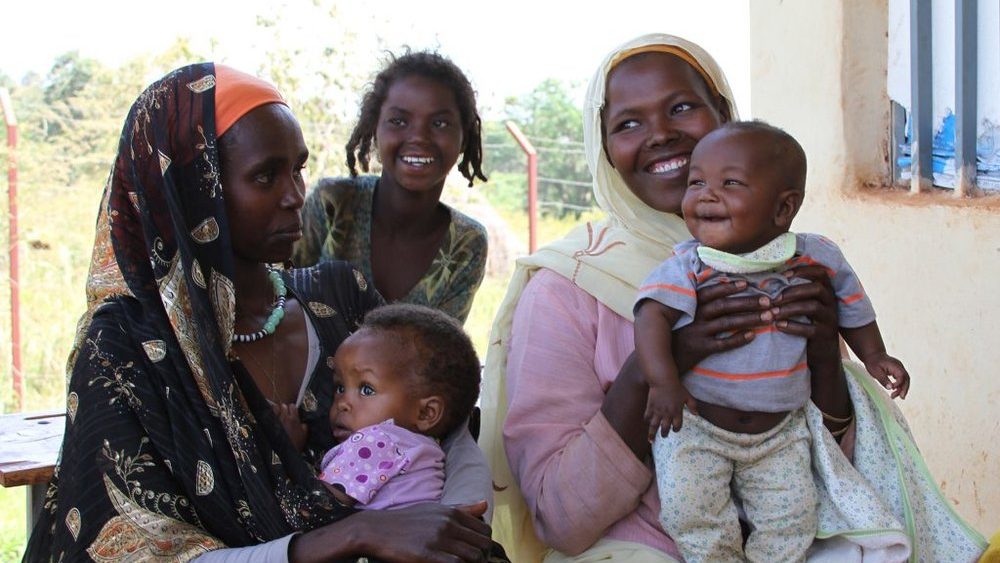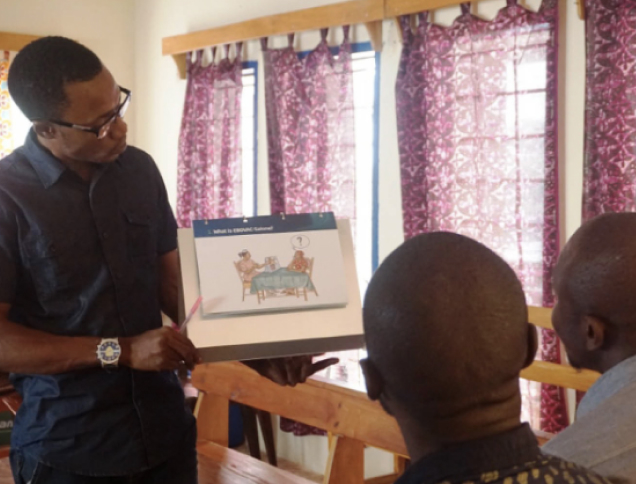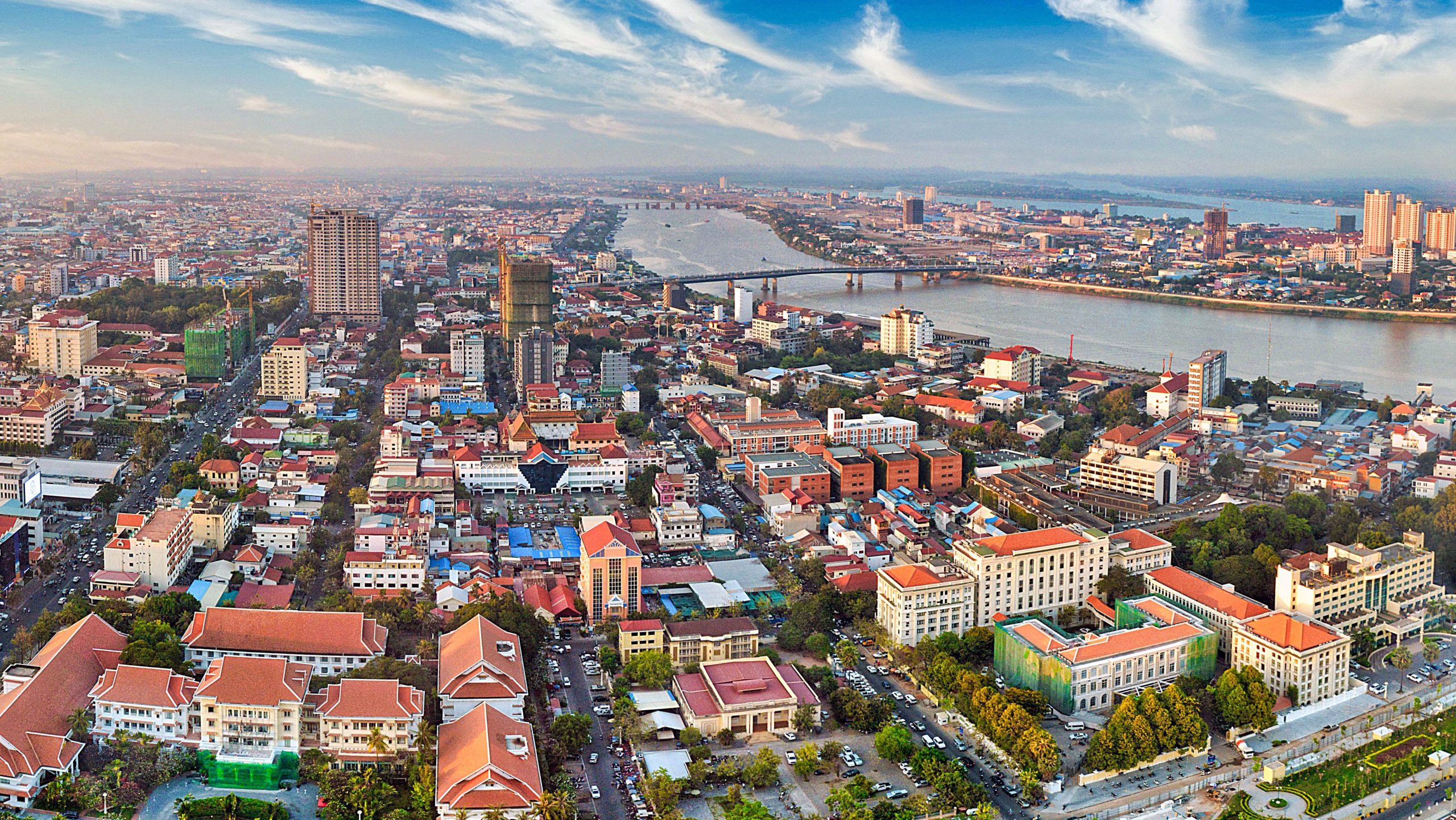For too long the global health community has neglected the importance of recognising the “risk as feelings” domain when dealing with the vaccine confidence according to Dr Heidi Larson from the London School of Hygiene and Tropical Medicine. The causes and impact of vaccination hesitancy are complex and context-specific but this growing phenomenon can not be ignored.
Related content

This project and accompanying evaluation particularly focused on Benishangul Gumuz Regional State (BGRS) where the coverage for penta 3 vaccination was 41.7% in 2011.

Working through the spring of 2021, the CSIS-LSHTM High-Level Panel on Vaccine Confidence and Misinformation analysed the diverse forms of vaccine hesitancy in the United States and their links to international phenomena.

EBODAC (Ebola Vaccine Deployment, Acceptance and Compliance) was set up to develop strategies and tools to encourage acceptance and uptake of new Ebola vaccines in the context of clinical trials.

Overview Throughout the COVID-19 pandemic, the Vaccine Confidence Project teamed up with YouTube and other health partners to reach people with credible information…

The IRIS Academic Research Group was founded by some of the world’s leading researchers and academic institutions and launched in June 2021 at the inaugural Global Vaccine Confidence Summit as part of the UK government’s G7 Presidency.

To identify knowledge gaps, beliefs and attitudes in relation to the COVID-19 pandemic and COVID-19 vaccine acceptance among adults in the Asia-Pacific region, the Vaccine Confidence Project conducted two waves of quantitative research in 2021 and 2022.